

LEADERS FOR HUMANITY: GOOD ECONOMY
THE URGENT CASE FOR REBALANCING SOCIETY
We wanted to interview Henry Mintzberg because he has been studying "organisations behaving badly" for a long time. He has examined this topic from a variety of angles, including organizational configurations, strategizing, managerial work, business ethics, and political economy. With his critical and transdisciplinary approach and his intimate knowledge of some of the drivers of "bad business behaviors," he has developed a reform plan on how to rebalance society to enable organizations to become good again. Through this, he has contributed to an embedded view of business in society.
Jump to
Who are we interviewing

Links related to our discussion
Useful background reading

Rebalancing Society: Radical Renewal Beyond Left, Right, and Center

Managing the Myths of Health Care: Bridging the Separations between Care, Cure, Control, and Community

Bedtime Stories for Managers: Farewell to Lofty Leadership. . . Welcome Engaging Management

The Structuring of Organizations (Theory of Management Policy) - New edition coming soon

Mintzberg on Management

Strategy Bites Back: Strategy in Far More, and Less Than You Ever Imagined

The Rise and Fall of Strategic Planning:
Mintzberg concludes that the term is an oxymoron.

Handbook Strategy as Practice:
This Handbook provides a comprehensive overview of an
Alternative View on Strategy.

Managers Not MBAsA: Hard Look at the Soft Practice of Managing and Management Development
Here you can find the recording and selected quotes
The focus of our interview

Selected quotes from the interview



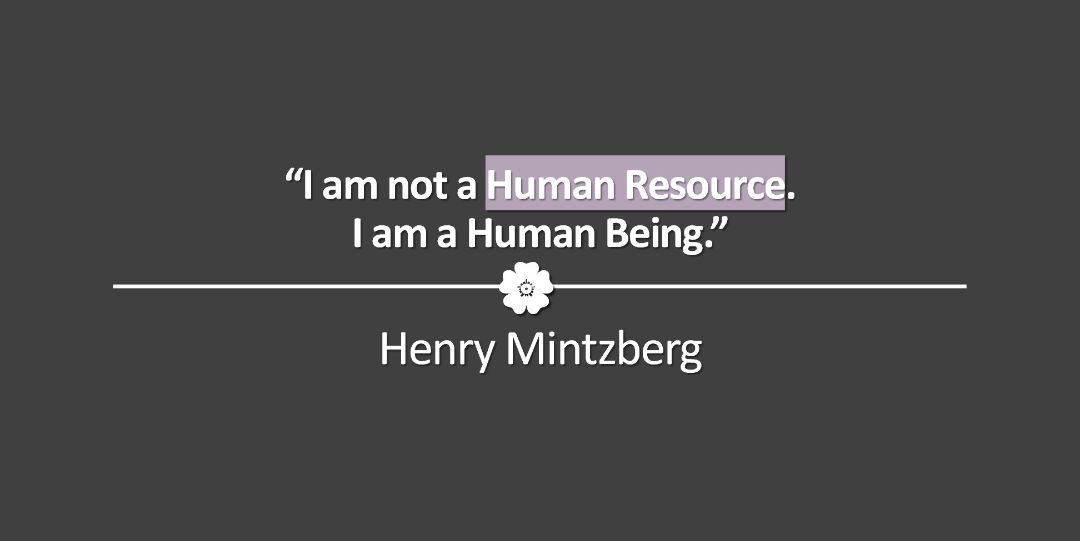
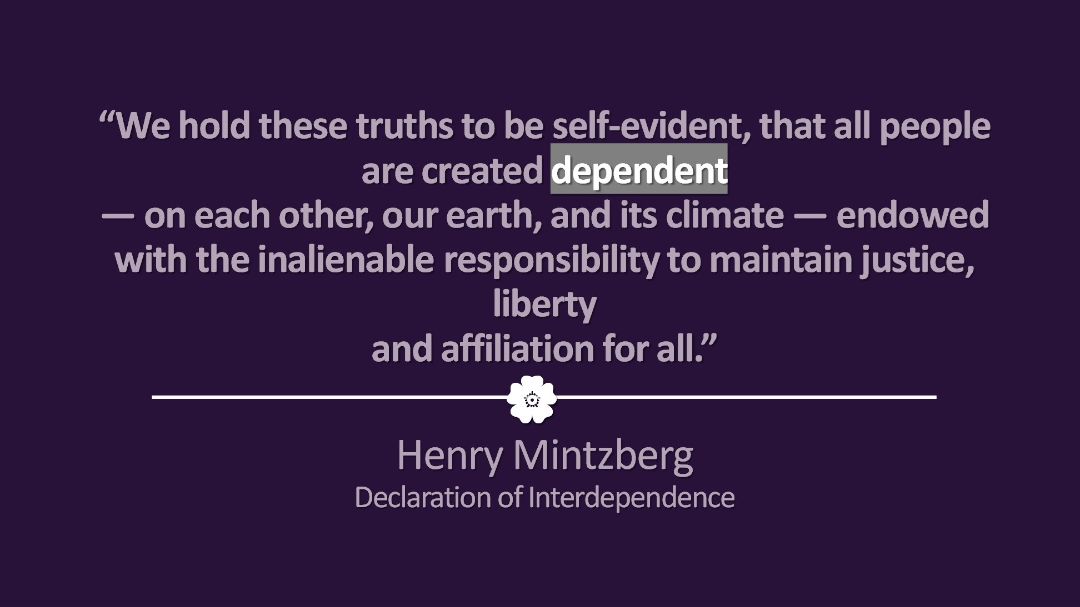
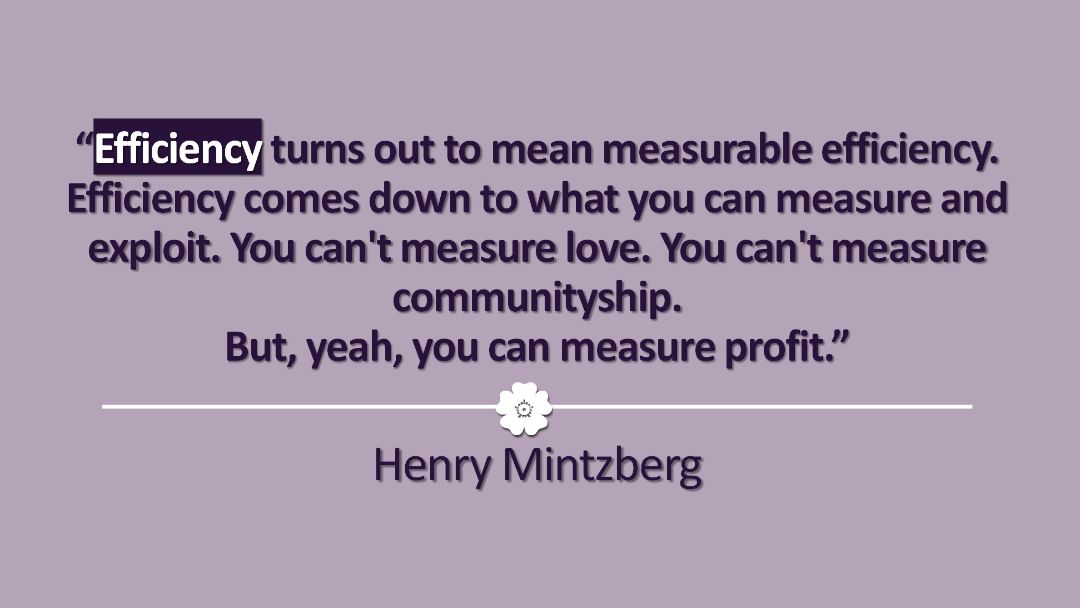
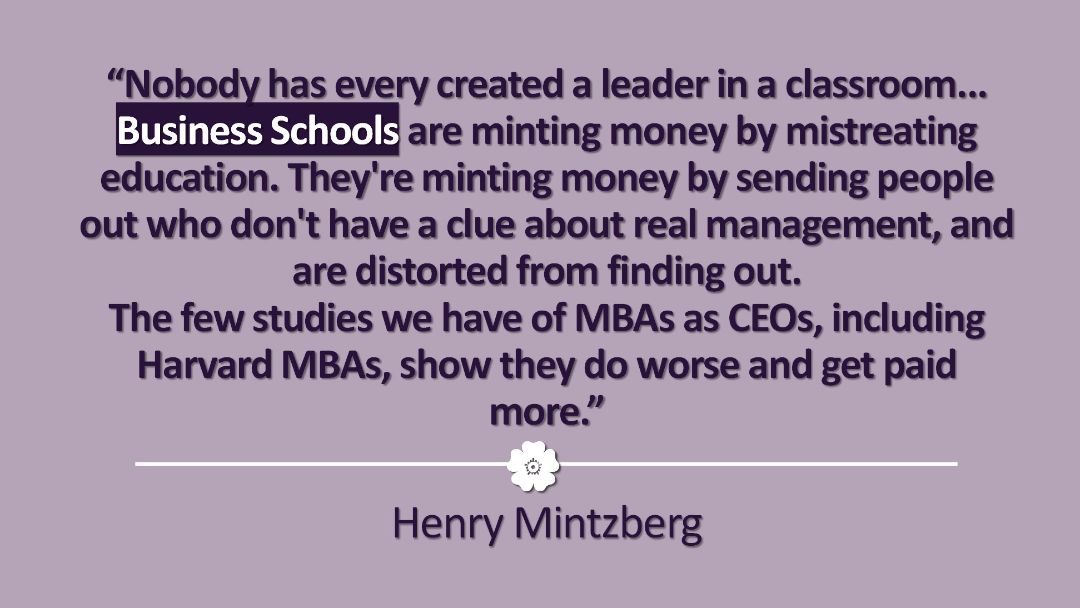
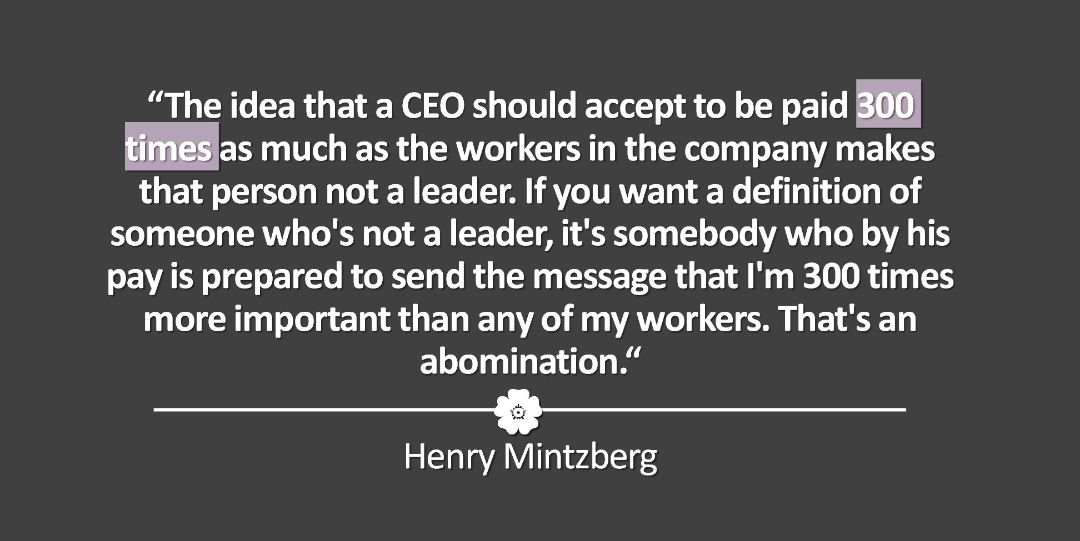
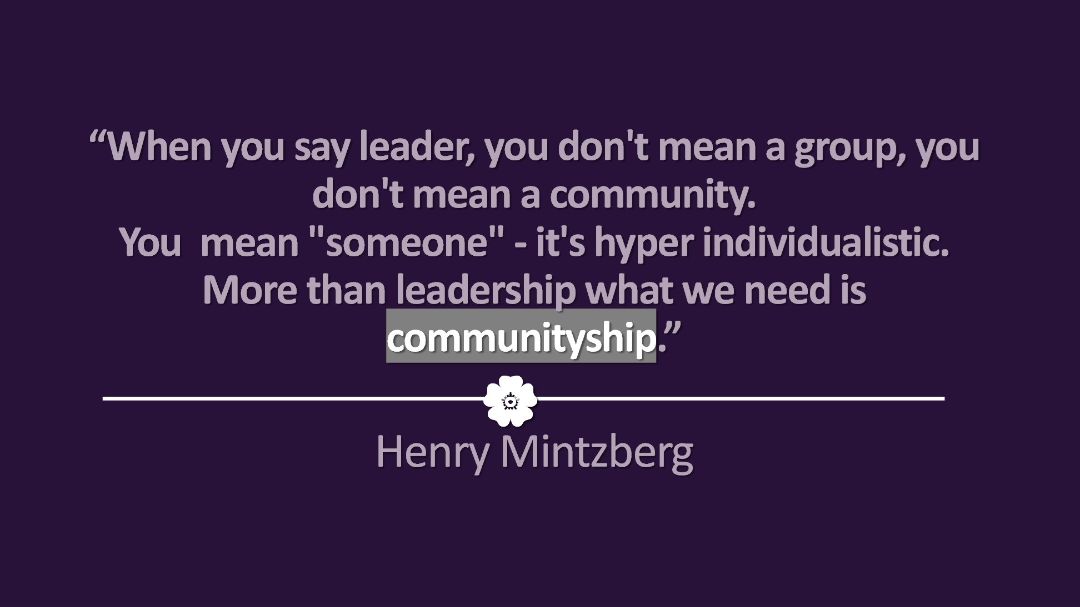
Here you will find our short summaries, the full transcript and any related essays
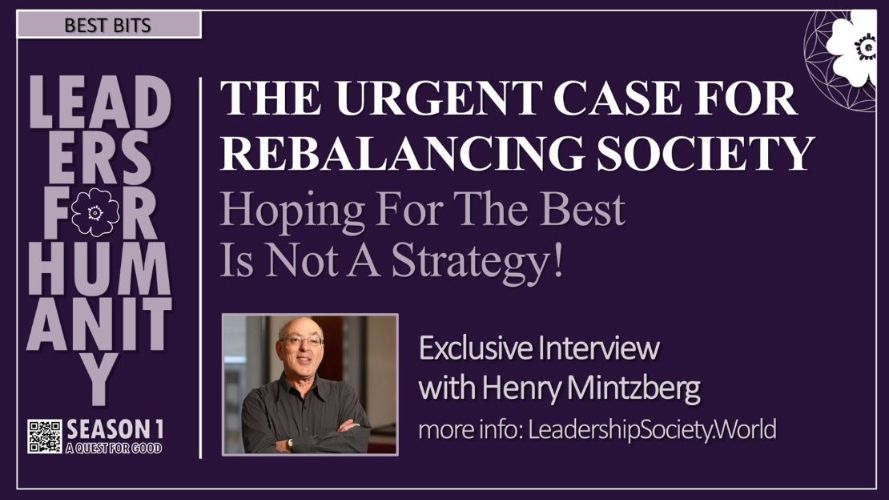
In our webcast series “Leaders for Humanity” we engage with distinguished thought leaders who are passionate about human-centric change, bridge theory and practice in their work, and are willing to provide guidance and personal wisdom to our #GoodOrganisations Inquiry. In “Socratic Dialogues” we examine three critical questions together: a) what is good? b) how can we craft good organisations? c) how can we as leaders or individuals contribute?
For the full transcript and additional resources: https://goodorganisations.com/leadersforhumanity
Webcast on YouTube: www.youtube.com/c/goodorganisations
Podcast on Spotify: https://open.spotify.com/show/3B5NN89pIDPgGDEPqNv0W7
Soundcloud: https://soundcloud.com/goodorganisations
Anchor: https://anchor.fm/good-organisations
Stitcher: https://www.stitcher.com/podcast/leaders-for-humanity
To note: We work on the basis of a semi-automatic transcript. Please forgive orthographic errors and inaccuracies. Sometimes the script might be missing context — it is best “consumed” as a complement to the full webcast.
Part 1: Introduction
On the unbalancing
- The imbalance in society has crept up on us. Essentially, there are three sectors in society not two — public, private and what I call plural. Well, we’ll come back to that, I guess. But plural means community. Public means government, private means markets, and so on. Healthy societies balance those. The communist regimes in Eastern Europe didn’t collapse. The communist countries were out of balance on the side of government. And because we believe that capitalism trounced communism, we’ve been going out of balance ever since, on the side of private markets and independence.
- It didn’t start in 1989, with the collapse of the Berlin Wall, but it’s certainly accelerated since 1989. But it’s been with us for a long time. And I always have this point of view that business is just too powerful.
On “adjectival Capitalism”
- I also collect adjectives of capitalism. I’ve gotten to over 10, I think I’ve just found the 11th different phrase for fixing capitalism: caring capitalism, progressive capitalism, it just goes on and on. My favorite is “democratic capitalism”. Notice that capitalism is the noun, and democracy is the adjective, the order is quite clear. We need to fix capitalism. But we’re never going to fix capitalism if we don’t fix society, capitalism is run rampant in society. And nowhere is this better exhibited than in phrases like democratic capitalism. People don’t even think about what they’re saying, which is that capitalism is more important than democracy.
On the “corporate person“2”
- I mean, that’s part of the vocabulary […] economics is one aspect of our existence, but we’re also social, and we’re also political. And this idea that we’re human resources — I’m not a human resource, I’m a human being. But then we have corporate persons, and it’s a one-sided corporate person, because in the United States, corporate persons have certain rights in law as persons but they never go to jail. Now, if Pfizer does something that’s really bad, as it’s done from time to time, maybe not during the pandemic, but earlier, Pfizer should go to jail. What does it mean to go to jail? It means they shouldn’t be able to function for the period that they’re in jail, they should be closed down for one or two years in return for their criminal activity.
Part 2: What is Good?
What is a Good Society?
- This gets back to the good society, and you know, a good society cares, good people care. Good parents care, fathers of a good country care. And, and we’re driving caring out in a way […] We devote much more effort to cure than to cause. […] You know, they came up with a vaccine for the pandemic, fantastic, but who’s looking at the cause of the pandemic. I don’t mean the origin with some bats in a Chinese market. But for what’s causing the pandemic, I go back to pollution, because I think it’s a factor and who’s looking at that? So, we, again, we lose sight of what matters. Causes matters more than cure […] causes are more important because if you can deal with a cause you don’t need a cure, you don’t need to cure disease, if you can get to the cause.
- The root cause is individualism that runs rampant in society. it’s mind blowing, the kind of things we tolerate.
On the stock market
- Okay. I mean, I’m not one for simplistic solutions, but I think there is one, the stock market is utterly dysfunctional.
- And we’re not so much talking about entrepreneurial companies, at least until they go public. Entrepreneurial companies tend to be more responsible. Some of them view their employees as almost family. They’re deeply devoted to their products. They’re personally humiliated if something goes wrong, and so on, and so forth. It’s the big corporations, the publicly traded corporations. And you’re constantly being driven to up shareholder value, not for 10 years, or 20 years, but for the next quarterly report, which is crazy that massive corporations have to report on a quarterly basis.
Tax Evasion
- You know, it’s a race to the bottom on corporate taxation. It’s a race to the bottom. Every country has to keep dropping its corporate taxes, because every other country is dropping its corporate taxes, so corporations don’t pay their share anymore. And if Canada decided to up it, Canada was one of the countries that went quite low around 15%, if they decided to go back to 30%, the corporations would all claim to leave. […]. And so, globalization […] has no countervailing power, nobody can stand up. Even the big countries have trouble standing up to international globalization.
Part 3: Good Organisations
On Corporate Irresponsibility
- Well, societies are made up of organizations. You cannot separate the two. In fact, one of the main problems with corporate social responsibility is this idea that organizations are isolated. […] Well, if they’re behaving irresponsibly, nobody should tolerate them. They exist under national charters. They’re given the permission to exist, and it used to be that governments could take away that permission. In certain cases, but that’s long gone. Nobody can close down organization because they act irresponsibly. But we certainly need stronger public activities to do that.
On Good Health Care
- The job of a hospital and medicine in general, is to get me into their categories. You know, so I got a problem in my lower right abdomen. It is diagnosed as appendicitis. We take out the appendix, everybody’s happy. That’s the great strength of medicine. […] But it’s also the debilitating weakness of medicine for three reasons. First, if you don’t fit the categories, for instance you have an irritable bowel syndrome, which they don’t know anything about, from what I understand, you are in trouble. […] Second, if you cross illnesses, like geriatric patients, who will present you with various problems. They are also not very good at solving this, as this requires cooperation, and they are not good at cooperating with each other. So, if it needs different medical specialties, to deal with it, that’s not easy. The third one is more interesting [beneath the categories]. So, the first is outside the categories, the second across the categories. But there’s beneath the categories that the treatment you need is better than what the protocol is called for. And there’s a wonderful article discussed in the book called the bell curve in which somebody was phenomenal in his own field. Because he went deeper. He treated the person, and not just the patient, he went beyond the symptoms, he went into the person’s life, to find out, why she wasn’t doing the exercises, what could help her do the exercises, and so on. And that’s why he was so successful.
On excessive CEO pay
- An abomination. An absolute abomination. […] effective companies are communities of people, they work together, they cooperate, they function together. The idea that a CEO should accept to be paid 300 times as much as the workers in the same company makes that person not a leader. If you want a definition of someone who’s not a leader, it’s somebody, who by his pay, is prepared to send the message that I’m 300 times more important than any of my workers. That’s an abomination.
There is no “we” in classical economics
- When Keynes said “in the long run, we’re all dead”, at which everybody laughed, he didn’t mean, WE, as a society, he never would have supported that, he meant each of us, he didn’t mean all of us. And that’s typical of economics, with its overemphasis on the individual and with its complete ignoring of the community for the most part. […] We need individualism, we need collectivism, we need communalism. And we need to find some kind of balance across those things.
On Corporate Governance
- Yeah, well, for starters, I’m not a big fan of boards. It’s a status position. They don’t necessarily understand the company in much depth, or the NGO for that matter, although they’ll interfere in an NGO a lot quicker than they’ll interfere in the company.
Part 4: How can we become good, individually and collectively?
On leadership
- I think leadership is important. But the trouble with the word leadership is it implies an individual. When you say leader, you don’t mean a group, you don’t mean a community. You don’t mean several people, you mean someone. And it’s hyper individualistic. And what we need is communityship. More than leadership. Also, leadership to me is an intrinsic part of management. They’re not separate. In order to manage you have to lead, in order to lead you have to manage. Managers who don’t lead are boring, and leaders that don’t manage don’t know what’s going on. So, those two things are tied together.
- Communityship means that people are members, people are respected, the organization respects them, and so they respect the organization. It’s collaborative.
Why Business Schools are Not Getting Better
- Okay, so until now, what proportion of your teachers in management are teaching analysis? […] So, if three quarters of the faculty is teaching analysis, how you’re going to get to synthesis? Okay. That’s one thing. And the other thing is success. They’re minting money by mistreating education. They’re minting money by sending people out, who don’t have a clue what real management is about and are distorted from finding out. So, the few studies we have of MBAs as CEOs, including Harvard MBAs as CEOs, show that they do worse and get paid more.
On the Effect of SDGs
- I think it’s important. I think it’s necessary. But wishes aren’t going to get us anywhere. You know, isn’t it a joke: the main reaction to climate change on the part of governments are, that they make decade long plans, they make 20, 30, 40 year plans. But these are 4 year governments! They won’t even be in power in 4 years, most of them, you know, so Obama made a plan. Isn’t that wonderful? Along comes Trump and the plan lands in the garbage. We don’t need wishes, we need action!
The End
Famous Last Words
- Do! It’s up to you, everybody. It’s what you do. It’s not what you think it’s not what you care about. It’s not what you complain about. It’s what you do to affect the restoration of balance!
If interested, you can download Henry’s new book for free on his website: https://lnkd.in/guCBuB3Z (courtesy of Berrett-Koehler)
For full Leaders fo Humanity interview with Henry Mintzberg see: https://www.youtube.com/watch?v=egC9-h-4M1I
Transcript, Materials and Notes: https://goodorganisations.com/leadersforhumanity_S1/#HENRYMINTZBERG
More information about the Good Organisations inquiry: https://goodorganisations.com
Good Organisations LinkedIn page: https://www.linkedin.com/company/good-organisations/
Good Organisations Facebook: https://www.facebook.com/LeadersForHumanity/
Good Organisations YouTube channel: https://lnkd.in/ea3nhQqD
Leaders for Humanity Podcast on all major stations:
Spotify: https://open.spotify.com/show/3B5NN89pIDPgGDEPqNv0W7
Apple: https://podcasts.apple.com/gb/podcast/leaders-for-humanity/id1605487911
Anchor: https://anchor.fm/good-organisations
Podchaser: https://www.podchaser.com/LeadersForHumanity
Deezer: https://www.deezer.com/en/show/3318142
Stitcher: https://www.stitcher.com/podcast/leaders-for-humanity
ListenNotes: https://lnns.co/PbUlHxMd3BX
Soundcloud: https://soundcloud.com/goodorganisations
TuneIn: https://tunein.com/podcasts/p1608691/?topicid=169239930
In our webcast series “Leaders for Humanity” we engage with distinguished thought leaders who are passionate about human-centric change, bridge theory and practice in their work, and are willing to provide guidance and personal wisdom to our #GoodOrganisations Inquiry. In “Socratic Dialogues” we examine three critical questions together: a) what is good? b) how can we craft good organisations? c) how can we as leaders or individuals contribute?
For the full transcript and additional resources: https://goodorganisations.com/leadersforhumanity
Webcast on YouTube: www.youtube.com/c/goodorganisations
Podcast on Spotify: https://open.spotify.com/show/3B5NN89pIDPgGDEPqNv0W7
Soundcloud: https://soundcloud.com/goodorganisations
Anchor: https://anchor.fm/good-organisations
Stitcher: https://www.stitcher.com/podcast/leaders-for-humanity
To note: We work on the basis of a semi-automatic transcript. Please forgive orthographic errors and inaccuracies. Sometimes the script might be missing context — it is best “consumed” as a complement to the full webcast.
Part 1: Introduction
On the unbalancing
- The imbalance in society has crept up on us. Essentially, there are three sectors in society not two — public, private and what I call plural. Well, we’ll come back to that, I guess. But plural means community. Public means government, private means markets, and so on. Healthy societies balance those. The communist regimes in Eastern Europe didn’t collapse. The communist countries were out of balance on the side of government. And because we believe that capitalism trounced communism, we’ve been going out of balance ever since, on the side of private markets and independence.
- It didn’t start in 1989, with the collapse of the Berlin Wall, but it’s certainly accelerated since 1989. But it’s been with us for a long time. And I always have this point of view that business is just too powerful.
On “adjectival Capitalism”
- I also collect adjectives of capitalism. I’ve gotten to over 10, I think I’ve just found the 11th different phrase for fixing capitalism: caring capitalism, progressive capitalism, it just goes on and on. My favorite is “democratic capitalism”. Notice that capitalism is the noun, and democracy is the adjective, the order is quite clear. We need to fix capitalism. But we’re never going to fix capitalism if we don’t fix society, capitalism is run rampant in society. And nowhere is this better exhibited than in phrases like democratic capitalism. People don’t even think about what they’re saying, which is that capitalism is more important than democracy.
On the “corporate person“2”
- I mean, that’s part of the vocabulary […] economics is one aspect of our existence, but we’re also social, and we’re also political. And this idea that we’re human resources — I’m not a human resource, I’m a human being. But then we have corporate persons, and it’s a one-sided corporate person, because in the United States, corporate persons have certain rights in law as persons but they never go to jail. Now, if Pfizer does something that’s really bad, as it’s done from time to time, maybe not during the pandemic, but earlier, Pfizer should go to jail. What does it mean to go to jail? It means they shouldn’t be able to function for the period that they’re in jail, they should be closed down for one or two years in return for their criminal activity.
Part 2: What is Good?
What is a Good Society?
- This gets back to the good society, and you know, a good society cares, good people care. Good parents care, fathers of a good country care. And, and we’re driving caring out in a way […] We devote much more effort to cure than to cause. […] You know, they came up with a vaccine for the pandemic, fantastic, but who’s looking at the cause of the pandemic. I don’t mean the origin with some bats in a Chinese market. But for what’s causing the pandemic, I go back to pollution, because I think it’s a factor and who’s looking at that? So, we, again, we lose sight of what matters. Causes matters more than cure […] causes are more important because if you can deal with a cause you don’t need a cure, you don’t need to cure disease, if you can get to the cause.
- The root cause is individualism that runs rampant in society. it’s mind blowing, the kind of things we tolerate.
On the stock market
- Okay. I mean, I’m not one for simplistic solutions, but I think there is one, the stock market is utterly dysfunctional.
- And we’re not so much talking about entrepreneurial companies, at least until they go public. Entrepreneurial companies tend to be more responsible. Some of them view their employees as almost family. They’re deeply devoted to their products. They’re personally humiliated if something goes wrong, and so on, and so forth. It’s the big corporations, the publicly traded corporations. And you’re constantly being driven to up shareholder value, not for 10 years, or 20 years, but for the next quarterly report, which is crazy that massive corporations have to report on a quarterly basis.
Tax Evasion
- You know, it’s a race to the bottom on corporate taxation. It’s a race to the bottom. Every country has to keep dropping its corporate taxes, because every other country is dropping its corporate taxes, so corporations don’t pay their share anymore. And if Canada decided to up it, Canada was one of the countries that went quite low around 15%, if they decided to go back to 30%, the corporations would all claim to leave. […]. And so, globalization […] has no countervailing power, nobody can stand up. Even the big countries have trouble standing up to international globalization.
Part 3: Good Organisations
On Corporate Irresponsibility
- Well, societies are made up of organizations. You cannot separate the two. In fact, one of the main problems with corporate social responsibility is this idea that organizations are isolated. […] Well, if they’re behaving irresponsibly, nobody should tolerate them. They exist under national charters. They’re given the permission to exist, and it used to be that governments could take away that permission. In certain cases, but that’s long gone. Nobody can close down organization because they act irresponsibly. But we certainly need stronger public activities to do that.
On Good Health Care
- The job of a hospital and medicine in general, is to get me into their categories. You know, so I got a problem in my lower right abdomen. It is diagnosed as appendicitis. We take out the appendix, everybody’s happy. That’s the great strength of medicine. […] But it’s also the debilitating weakness of medicine for three reasons. First, if you don’t fit the categories, for instance you have an irritable bowel syndrome, which they don’t know anything about, from what I understand, you are in trouble. […] Second, if you cross illnesses, like geriatric patients, who will present you with various problems. They are also not very good at solving this, as this requires cooperation, and they are not good at cooperating with each other. So, if it needs different medical specialties, to deal with it, that’s not easy. The third one is more interesting [beneath the categories]. So, the first is outside the categories, the second across the categories. But there’s beneath the categories that the treatment you need is better than what the protocol is called for. And there’s a wonderful article discussed in the book called the bell curve in which somebody was phenomenal in his own field. Because he went deeper. He treated the person, and not just the patient, he went beyond the symptoms, he went into the person’s life, to find out, why she wasn’t doing the exercises, what could help her do the exercises, and so on. And that’s why he was so successful.
On excessive CEO pay
- An abomination. An absolute abomination. […] effective companies are communities of people, they work together, they cooperate, they function together. The idea that a CEO should accept to be paid 300 times as much as the workers in the same company makes that person not a leader. If you want a definition of someone who’s not a leader, it’s somebody, who by his pay, is prepared to send the message that I’m 300 times more important than any of my workers. That’s an abomination.
There is no “we” in classical economics
- When Keynes said “in the long run, we’re all dead”, at which everybody laughed, he didn’t mean, WE, as a society, he never would have supported that, he meant each of us, he didn’t mean all of us. And that’s typical of economics, with its overemphasis on the individual and with its complete ignoring of the community for the most part. […] We need individualism, we need collectivism, we need communalism. And we need to find some kind of balance across those things.
On Corporate Governance
- Yeah, well, for starters, I’m not a big fan of boards. It’s a status position. They don’t necessarily understand the company in much depth, or the NGO for that matter, although they’ll interfere in an NGO a lot quicker than they’ll interfere in the company.
Part 4: How can we become good, individually and collectively?
On leadership
- I think leadership is important. But the trouble with the word leadership is it implies an individual. When you say leader, you don’t mean a group, you don’t mean a community. You don’t mean several people, you mean someone. And it’s hyper individualistic. And what we need is communityship. More than leadership. Also, leadership to me is an intrinsic part of management. They’re not separate. In order to manage you have to lead, in order to lead you have to manage. Managers who don’t lead are boring, and leaders that don’t manage don’t know what’s going on. So, those two things are tied together.
- Communityship means that people are members, people are respected, the organization respects them, and so they respect the organization. It’s collaborative.
Why Business Schools are Not Getting Better
- Okay, so until now, what proportion of your teachers in management are teaching analysis? […] So, if three quarters of the faculty is teaching analysis, how you’re going to get to synthesis? Okay. That’s one thing. And the other thing is success. They’re minting money by mistreating education. They’re minting money by sending people out, who don’t have a clue what real management is about and are distorted from finding out. So, the few studies we have of MBAs as CEOs, including Harvard MBAs as CEOs, show that they do worse and get paid more.
On the Effect of SDGs
- I think it’s important. I think it’s necessary. But wishes aren’t going to get us anywhere. You know, isn’t it a joke: the main reaction to climate change on the part of governments are, that they make decade long plans, they make 20, 30, 40 year plans. But these are 4 year governments! They won’t even be in power in 4 years, most of them, you know, so Obama made a plan. Isn’t that wonderful? Along comes Trump and the plan lands in the garbage. We don’t need wishes, we need action!
The End
Famous Last Words
- Do! It’s up to you, everybody. It’s what you do. It’s not what you think it’s not what you care about. It’s not what you complain about. It’s what you do to affect the restoration of balance!
If interested, you can download Henry’s new book for free on his website: https://lnkd.in/guCBuB3Z (courtesy of Berrett-Koehler)
For full Leaders fo Humanity interview with Henry Mintzberg see: https://www.youtube.com/watch?v=egC9-h-4M1I
Transcript, Materials and Notes: https://goodorganisations.com/leadersforhumanity_S1/#HENRYMINTZBERG
More information about the Good Organisations inquiry: https://goodorganisations.com
Good Organisations LinkedIn page: https://www.linkedin.com/company/good-organisations/
Good Organisations Facebook: https://www.facebook.com/LeadersForHumanity/
Good Organisations YouTube channel: https://lnkd.in/ea3nhQqD
Leaders for Humanity Podcast on all major stations:
Spotify: https://open.spotify.com/show/3B5NN89pIDPgGDEPqNv0W7
Apple: https://podcasts.apple.com/gb/podcast/leaders-for-humanity/id1605487911
Anchor: https://anchor.fm/good-organisations
Podchaser: https://www.podchaser.com/LeadersForHumanity
Deezer: https://www.deezer.com/en/show/3318142
Stitcher: https://www.stitcher.com/podcast/leaders-for-humanity
ListenNotes: https://lnns.co/PbUlHxMd3BX
Soundcloud: https://soundcloud.com/goodorganisations
TuneIn: https://tunein.com/podcasts/p1608691/?topicid=169239930
Further reading

Other popular interviews in the Leaders for Humanity



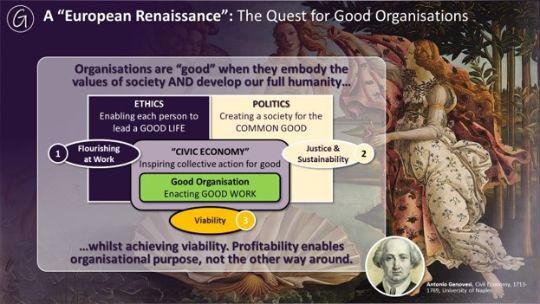
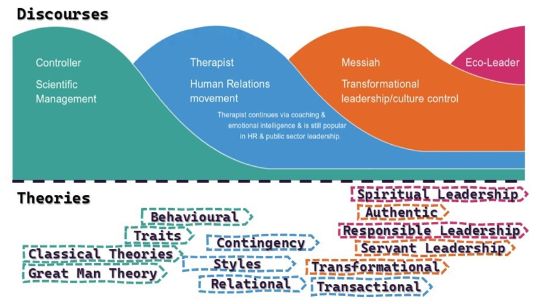
 .
.